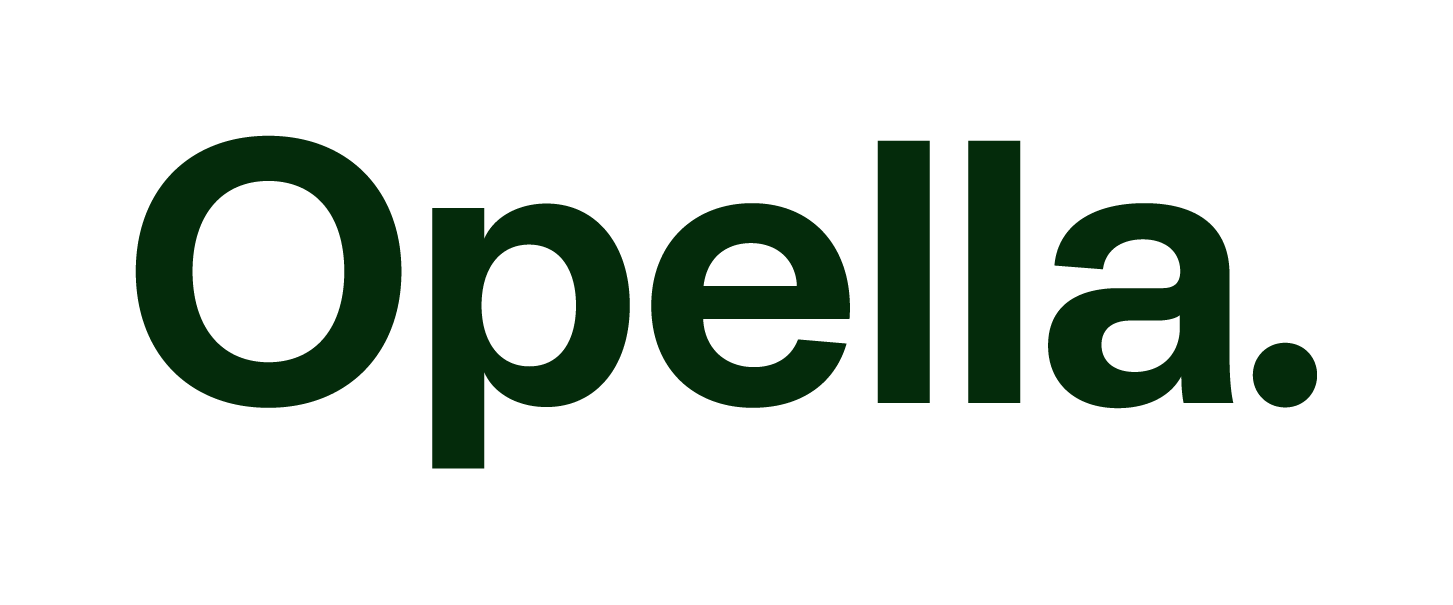

Opella.

Paris, France
April 2025
Pharmaceutical products
Manufacturing
Argentina,
Australia,
Austria,
Belgium,
Brazil,
Canada,
China,
Colombia,
Czech Republic,
Ecuador,
Egypt,
France,
Germany,
Greece,
Hong Kong S.A.R.,
Hungary,
India,
Indonesia,
Italy,
Japan,
Malaysia,
Mexico,
Panama,
Peru,
Philippines,
Poland,
Portugal,
Romania,
Saudi Arabia,
Singapore,
Slovakia,
South Africa,
South Korea,
Spain,
Switzerland,
Thailand,
Tunisia,
Turkey,
Ukraine,
United Arab Emirates,
United Kingdom,
United States,
Vietnam
Opella offers a diverse range of over-the-counter medicines, vitamins, and minerals that support everyday health needs—from digestive care and pain relief to coughs, colds, and allergies. Our trusted brands, including Allegra, Buscopan, Doliprane, Dulcolax, Enterogermina, Essentiale and Mucosolvan are backed by science and shaped by consumer insight. We empower people to take their health into their own hands and invest in the well-being of communities, because we believe that healthy people and a healthy planet go hand in hand. As guardians of personal health, we are committed to growing responsibly—supporting people, society, and the environment every step of the way.
Overall B Impact Score
Governance 11.4
Governance evaluates a company's overall mission, engagement around its social/environmental impact, ethics, and transparency. This section also evaluates the ability of a company to protect their mission and formally consider stakeholders in decision making through their corporate structure (e.g. benefit corporation) or corporate governing documents.
Workers 28.8
Workers evaluates a company’s contributions to its employees’ financial security, health & safety, wellness, career development, and engagement & satisfaction. In addition, this section recognizes business models designed to benefit workers, such as companies that are at least 40% owned by non-executive employees and those that have workforce development programs to support individuals with barriers to employment.
Community 17.9
Community evaluates a company’s engagement with and impact on the communities in which it operates, hires from, and sources from. Topics include diversity, equity & inclusion, economic impact, civic engagement, charitable giving, and supply chain management. In addition, this section recognizes business models that are designed to address specific community-oriented problems, such as poverty alleviation through fair trade sourcing or distribution via microenterprises, producer cooperative models, locally focused economic development, and formal charitable giving commitments.
Environment 14.5
Environment evaluates a company’s overall environmental management practices as well as its impact on the air, climate, water, land, and biodiversity. This includes the direct impact of a company’s operations and, when applicable its supply chain and distribution channels. This section also recognizes companies with environmentally innovative production processes and those that sell products or services that have a positive environmental impact. Some examples might include products and services that create renewable energy, reduce consumption or waste, conserve land or wildlife, provide less toxic alternatives to the market, or educate people about environmental problems.
Customers 14.5
Customers evaluates a company’s stewardship of its customers through the quality of its products and services, ethical marketing, data privacy and security, and feedback channels. In addition, this section recognizes products or services that are designed to address a particular social problem for or through its customers, such as health or educational products, arts & media products, serving underserved customers/clients, and services that improve the social impact of other businesses or organizations.